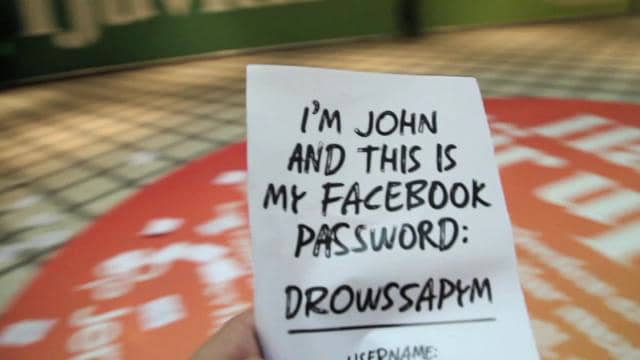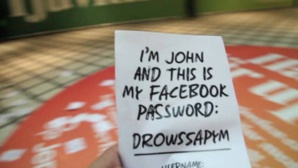According to senior officials of the British Government, to which refers Financial Times, now Dark Web (the invisible segment of the Internet inaccessible to search engines, anonymous and defended) serves as a marketplace for personal information of tens of thousands of Britons, including detailed information and user profiles, stolen from the computer network of the government. Owning such information, one can get full control of a person’s digital identity and get access to their bank accounts.
The company Symantec, which develops software in the field of information security and data protection, notes that in 2014, personal data of 609,239 people was stolen from computer databases of British companies. The British government confirmed this information. All over the world during this time, cybercriminals have stolen profiles of 358 million people.
According to one of the experts on security issues in the government, the package identity of a British citizen can be bought in the Dark web for on average $ 30, depending on how the citizen is rich and how much a scammer can withdraw from his bank account. Personal data, stolen from a government database used by including tax and pension department of the country, is more expensive. A dealer is asking $ 75 for one data packet as, according to officials, these data are the most valuable asset for criminals.
The largest data breach in the UK has become a cyber-attack on a telecommunications company TalkTalk last week. However, there is no exact data on how many of the 4 million TalkTalk’s customers suffered. Previously, a 15-year-old was detained on suspicion of involvement in the cyberattack. Two months ago, computer networks of a retailer Carphone Warehouse was hacked, too. The investigation showed that about 90 thousand customers' personal data packages could be abducted, including credit card numbers.
Meanwhile, the British Government has invested over £ 860 million in strengthening cybersecurity and the development of effective protection schemes for companies. "Every board of directors should be fully aware of the dangers posed by cyber-attacks and be sure that the company has reliable protection," - a government representative told the FT. Commenting situation with the information protection in many companies focused on direct work with customers, government officials say the case with TalkTalk is the "classic" example of cyber-attacks. The problem, they say, lies in the fact that personal data of consumers are generally regarded as "least important" in the list of objects that companies seek to protect. The government cannot look after this, because it has a more serious case in cyberspace - the protection of national infrastructure, for example.
source: ft.com
The company Symantec, which develops software in the field of information security and data protection, notes that in 2014, personal data of 609,239 people was stolen from computer databases of British companies. The British government confirmed this information. All over the world during this time, cybercriminals have stolen profiles of 358 million people.
According to one of the experts on security issues in the government, the package identity of a British citizen can be bought in the Dark web for on average $ 30, depending on how the citizen is rich and how much a scammer can withdraw from his bank account. Personal data, stolen from a government database used by including tax and pension department of the country, is more expensive. A dealer is asking $ 75 for one data packet as, according to officials, these data are the most valuable asset for criminals.
The largest data breach in the UK has become a cyber-attack on a telecommunications company TalkTalk last week. However, there is no exact data on how many of the 4 million TalkTalk’s customers suffered. Previously, a 15-year-old was detained on suspicion of involvement in the cyberattack. Two months ago, computer networks of a retailer Carphone Warehouse was hacked, too. The investigation showed that about 90 thousand customers' personal data packages could be abducted, including credit card numbers.
Meanwhile, the British Government has invested over £ 860 million in strengthening cybersecurity and the development of effective protection schemes for companies. "Every board of directors should be fully aware of the dangers posed by cyber-attacks and be sure that the company has reliable protection," - a government representative told the FT. Commenting situation with the information protection in many companies focused on direct work with customers, government officials say the case with TalkTalk is the "classic" example of cyber-attacks. The problem, they say, lies in the fact that personal data of consumers are generally regarded as "least important" in the list of objects that companies seek to protect. The government cannot look after this, because it has a more serious case in cyberspace - the protection of national infrastructure, for example.
source: ft.com






